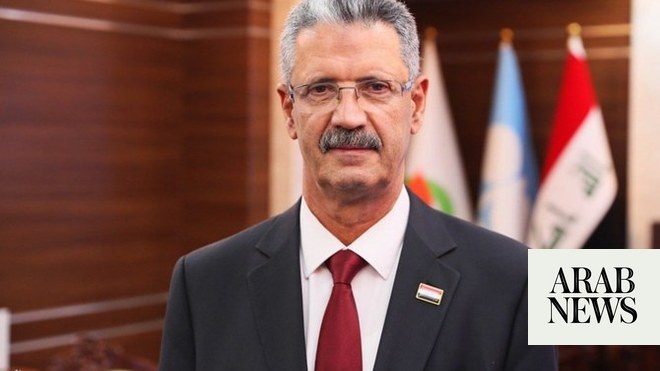
Iraq’s Minister of Oil Thamer al-Ghadhban revealed Monday his Ministry’s intention to engage in a dialogue to resolve the issue of exporting 250,000 barrels of crude oil produced from Kurdistan fields.
“Iraq’s State Organization for Marketing of Oil (SOMO) has not yet received its 250,000 barrels share of crude oil from Kurdistan oil fields in the framework of Iraq’s 2019 federal budget,” Ghadhban told state media al-Iraqiyah.
We expect to soon hold talks with Kurdistan region, he stressed, adding that “what we failed to do in the past can be achieved today, and I think there is a good opportunity to implement an agreement now.”
In this context, crude oil exports from Iraq’s southern ports on the Gulf stood at around 3.565 million barrels per day (bpd) so far in February, Reuters quoted two oil executives as saying on Monday.
Exports from Iraq’s southern Basra ports fell to 3.556 million bpd in January, down from a record high of 3.63 million bpd in December.
Shipments from the southern terminals are expected to stay at around 3.55 million bpd this month, in accordance with an OPEC agreement supply pact, the two oil officials said.
Iraq started rehabilitation work at one of the giant Rumaila oilfield’s output facilities on February 17 to improve crude processing operations, three oil officials with knowledge of Rumaila operations said.
The Rumaila oilfield, developed by Britain’s BP and Chinese partner CNPC, now produces around 1.5 million bpd, the officials added.
Operations at the output unit, which was producing around 130,000 bpd, are expected to resume on Wednesday and production from the field has not been affected, two officials working in Rumaila said.
The field, which has estimated reserves of about 17 billion barrels, produces the bulk of Iraq’s output.
Iraq is the second-largest producer in the Organization of the Petroleum Exporting Countries after Saudi Arabia.
It is producing below its maximum capacity of nearly five million bpd in line with an agreement between OPEC and other producers, such as Russia, to curtail global supply in order to support prices.












